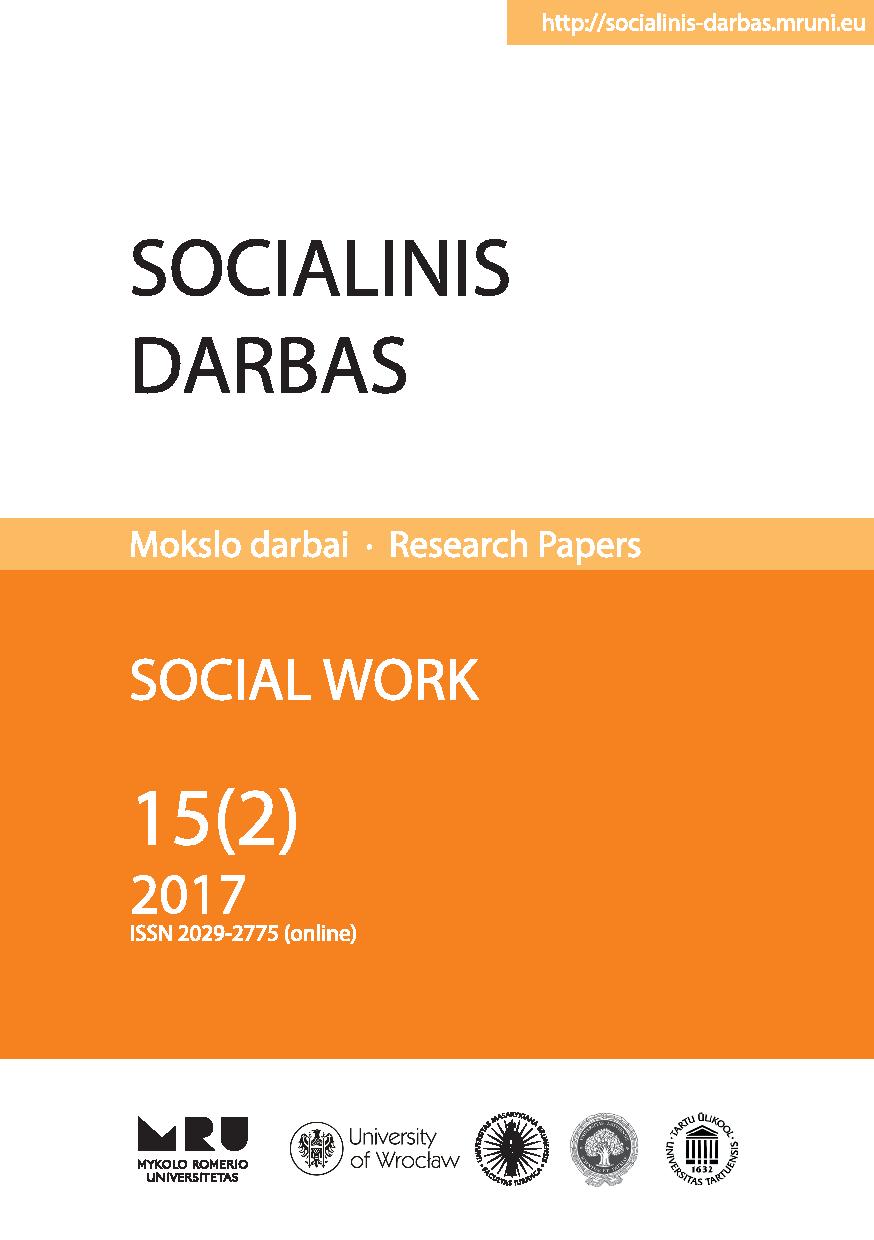VISOS DIENOS MOKYKLOS ĮGYVENDINIMO PRAKTIKA: UŽSIENIO ŠALIŲ PATIRTIS
ALL DAY SCHOOL IMPLEMENTATION IN THE FOREIGN COUNTRIES
Author(s): Odeta Merfeldaitė, Daiva Penkauskienė, Jolanta Pivorienė, Asta RailienėSubject(s): School education
Published by: Mykolas Romeris University
Keywords: school; all day school; student; support;
Summary/Abstract: All day school concept has been actively promoted and realized during past decade in several EU countries. This concept is related with attempts to guarantee child ‘s welfare and equal possibilities for academic success, to decrees social inequalities as such. All day school model is implemented in West, South and East Europe, but its implementation differs by school types, forms, etc. Even definitions, titles, descriptions of all day school vary from country to country in all Europe. Such variety is determined by different in-countries needs and contexts, different ways of school’s life organization and implementation. Differences exist not only in separate countries, but also in separate schools of a same country. The authors of this article aim to present positive, challenging and to be improved aspects of all day schools’ in five EU countries. Those aspects were analysed on student’s, teacher’s, family’s and community’s levels. The scientific work was carried on by meta -analysis of secondary sources. The first step was search for countries to be analysed and decision to choose concrete ones. The second one - identification and selection of reliable sources. At general level all day school is understood as regular school with prolonged in time curriculum and additional (non-formal) activities, that last till certain afternoon hours. The authors of this article reviewed and analysed experience of 5 EU countries - England, Greece, Germany, Finland and Portugal. The analysis revealed that all day school concept depends on in-country culture, educational tradition, and general socio-economic and political context. Positive aspects of all day schools are related to: possibility of individual choice; variety of educational forms; participation of parents and wider community in a school life; promotion of equal learning opportunities; growing motivation to learn and general satisfaction with school. Support for families is considered to be one of essential positive aspects in all day schools in all researched countries. Parents may combine their work with family duties and get social-pedagogical supervision. Usefulness of such school type for poor learners, especially immigrants, and others, coming from socio-economical background, is evident in all five countries. Challenging issues are related to: free choice possibilities; variety of activities at school; students’ tiredness because of work overload and time spent in one place; applicability of physical environment; involvement of social partners; work overload of school teachers. Additional funding of all day schools is considered to be great challenge in all researched countries. Funding is necessary for implement of all days’ school goals in full scope and comprehensive way.
Journal: Socialinis darbas
- Issue Year: 15/2017
- Issue No: 2
- Page Range: 42-55
- Page Count: 14
- Language: Lithuanian

